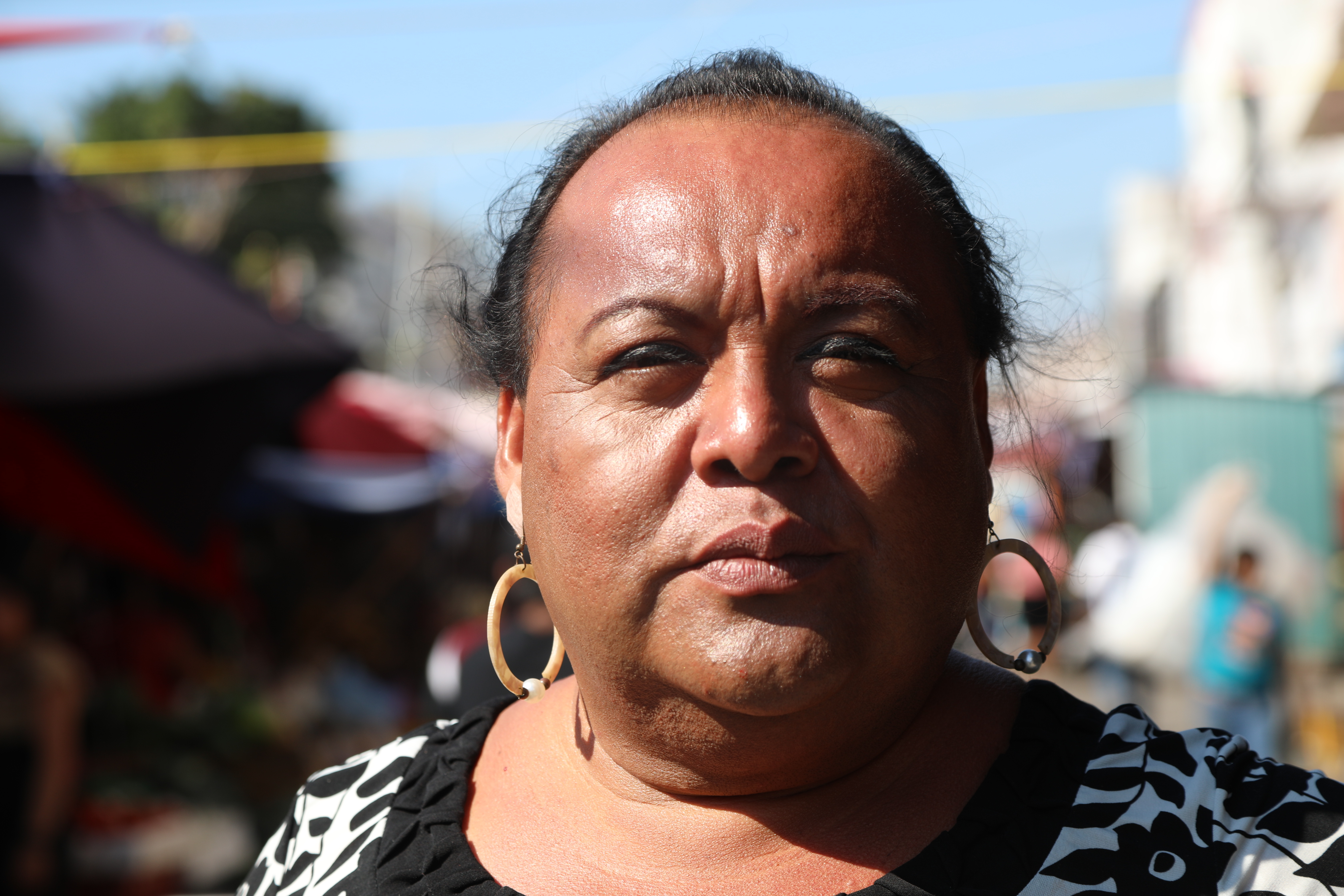

“There is a fight, a process of survival,” says researcher Ramírez. “By organising and being activists, the muxes are decolonising.”
According to Ramírez, who has studied the muxes since 2013, they are fighting a wider battle to preserve their identity that began with the arrival of Catholic colonisers, who have attempted to wipe out gender nonconformity.
“Historical records show gender fluidity existed across Mexico before [Christopher] Columbus arrived [in the late 1400s],” he says. “It was only after the Europeans arrived that this was treated as something abnormal.”
There are, Ramírez says, accounts of cross-dressing among Aztec and Zapotec priests and Mayan gods who were described as simultaneously male and female. Even in the Zapotec language, there are no grammatical genders – only one form for all people – unlike the gendered nouns and pronouns of the Spanish language.
For now, the community is dreaming big: they are currently gathering funds to buy a two-hectare plot of land to build housing, socialising spaces, a health facility and a library of muxe artefacts. They are in talks with a Swiss NGO to supply the money.
The muxes believe only then that this age-old Indigenous culture in a little-visited corner of Mexico – in the face of forces attempting to wipe it out – will be preserved in the modern world for years to come.
“We need a place of our own,” adds Godinez. “I won’t die before this is achieved.”
Follow Peter on X (Formerly Twitter).
Buy your copy of Huck 81 here.
Enjoyed this article? Follow Huck on Instagram.
Support stories like this by becoming a member of Club Huck.







